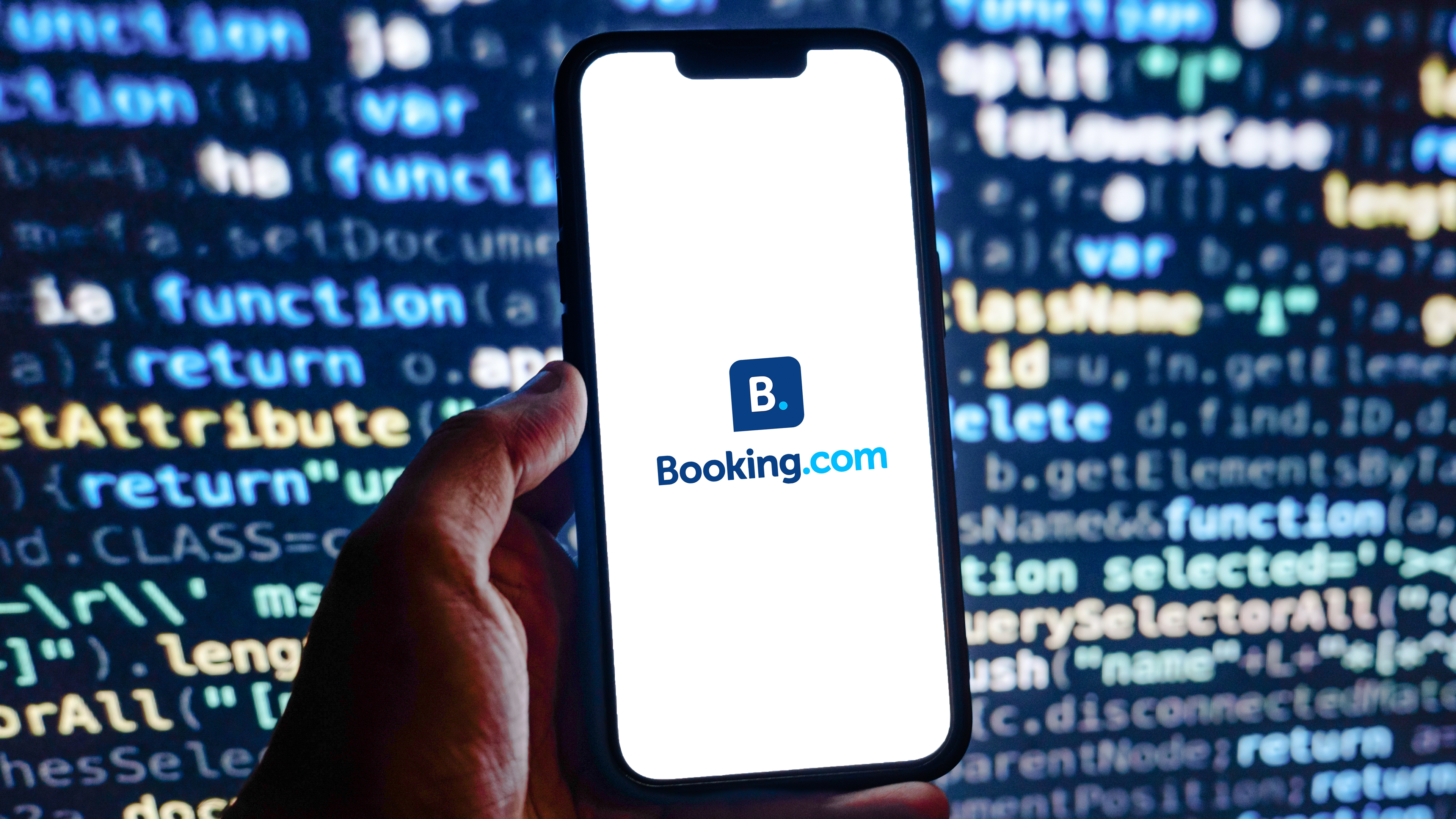Booking.com phishing scam is infecting users with malware by using lookalike URLs — don't fall for this
Booking dot yikes

Here at Tom’s Guide our expert editors are committed to bringing you the best news, reviews and guides to help you stay informed and ahead of the curve!
You are now subscribed
Your newsletter sign-up was successful
Want to add more newsletters?

Daily (Mon-Sun)
Tom's Guide Daily
Sign up to get the latest updates on all of your favorite content! From cutting-edge tech news and the hottest streaming buzz to unbeatable deals on the best products and in-depth reviews, we’ve got you covered.

Weekly on Thursday
Tom's AI Guide
Be AI savvy with your weekly newsletter summing up all the biggest AI news you need to know. Plus, analysis from our AI editor and tips on how to use the latest AI tools!

Weekly on Friday
Tom's iGuide
Unlock the vast world of Apple news straight to your inbox. With coverage on everything from exciting product launches to essential software updates, this is your go-to source for the latest updates on all the best Apple content.

Weekly on Monday
Tom's Streaming Guide
Our weekly newsletter is expertly crafted to immerse you in the world of streaming. Stay updated on the latest releases and our top recommendations across your favorite streaming platforms.
Join the club
Get full access to premium articles, exclusive features and a growing list of member rewards.
Booking.com is taking another hit this year thanks to a new phishing campaign that tricks users with lookalike characters to redirect them to malicious websites. Threat actors have been using a Japanese hiragana character – ん – because of its resemblance to a forward slash. At a quick glance, it makes a phishing URL appear legitimate.
Initially discovered by independent malware hunter and security researcher JAMESWT, the attack relies on a visual similarity between characters so that scammers can create URLs that will fool users who don’t inspect them closely. The text in the malicious emails resembles the actual booking.com web address too because it also abuses the Japanese hiragana character which can pass for a “/n” or “/~“ letter pattern.
While the text in the malicious emails resembles a booking.com address the hyperlink points to a URL that contains the hiragana character. When a user looks at the address in a web browser, the characters can look more like a subdirectory web address. However, victims tricked into clicking the link are sent to a malicious MSI installer which is used to drop further payloads which could include things like infostealing malware or remote access trojans.
Investigation and reporting from Bleeping Computer, shows that a similar campaign that uses a misspelling of Intuit is also being distributed – this one uses a lookalike domain that opts for an “L’ instead of the “I” in Intuit. The emails appear to come from, and take users to, an Intuit.com email address but have an intentionally narrowed view so that mobile users will be encouraged to click on “verify my email” without inspecting or checking the link.
Either way, the tactic here is to use a homoglyph in the phishing scheme – a character that looks similar to others but belongs to a different alphabet or character set. Visually similar characters can be – and often have been – exploited in phishing attacks and software developers will work to stay ahead by making it easier for users to distinguish between the distinct characters.
It’s always recommended for users to hover over a link to see where it will take you before clicking. Also, check the end of a domain before the backslash to check the registered domain. Given the homoglyphs similarities, this can be tricky, which is why it’s worthwhile to always have one of the best antivirus software solutions installed on your computer to protect you from any potential malware infections.
Follow Tom's Guide on Google News to get our up-to-date news, how-tos, and reviews in your feeds. Make sure to click the Follow button.
Get instant access to breaking news, the hottest reviews, great deals and helpful tips.
More from Tom's Guide
- 7 easy changes I made that drastically improved my digital security
- AT&T agrees to $177 million data breach settlement — here's how to file a claim
- How to track your kids screen time — and the best tools to do it

Amber Bouman is the senior security editor at Tom's Guide where she writes about antivirus software, home security, identity theft and more. She has long had an interest in personal security, both online and off, and also has an appreciation for martial arts and edged weapons. With over two decades of experience working in tech journalism, Amber has written for a number of publications including PC World, Maximum PC, Tech Hive, and Engadget covering everything from smartphones to smart breast pumps.
You must confirm your public display name before commenting
Please logout and then login again, you will then be prompted to enter your display name.
 Club Benefits
Club Benefits










